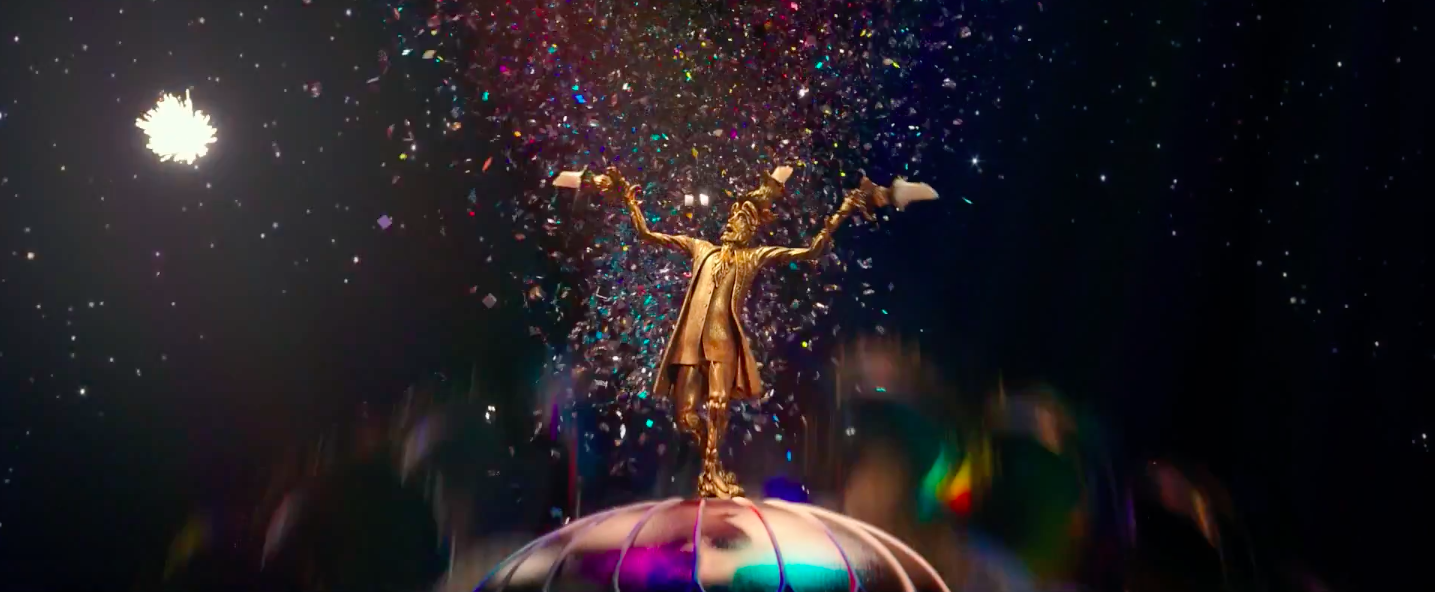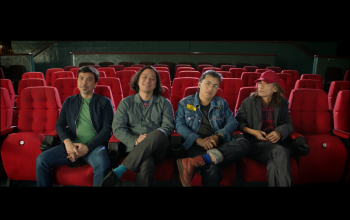The excitement was too palpable among the moviegoers I was with, queued up to be among the first in the country to watch a remake of another Disney classic. Twenty- to thirty-somethings hummed and sang along the well-known tunes of Alan Menken blasting off from the cinema lobby’s speakers, while daughters of the Generation X pranced as dolled-up miniatures of Belle. Their parents were as excited. It all seemed nice, until the atmosphere of manufactured nostalgia dawned to become a bit too suffocating. The anticipation for Beauty and the Beast was too great.
To what end?
Remakes have stayed with us ever since, as moviegoers are no strangers to this trend. It is a tricky thing, if not a risky one: memories of the past are an instant marketing hook, as clouded and whitewashed as they are. The people will want to replicate the good-old-days, the how-it-used-to-be’s. Generating buzz about a remake will be effortless. As for the material itself, the people will want to see what they have seen, and something more. They will paradoxically want to recapture – if not surpass – the old, while looking for something new. In other words, remakes are a tall order. But the guys at Disney recognize something else.
We are at a time when the children of the 80’s and 90’s are more empowered than ever. They are a special bunch – as they are immersed in perhaps the most saturated and varied period of pop culture evolution in my opinion, while transitioning from the conservative analog age, toward the digital. It is hard not to fall into the incriminating depths of fallacy, but these people (including this writer) have barely moved on from their tv series, trading cards, or movies. This makes this market who could hardly notice the years that came and went are the most vulnerable and most perfect target for the capitalists who once fed them the same old spoon, and are now introducing a new one. Nostalgia is a powerful thing.
And so we are also at a time when Disney decided to reflexively recall its Disney Renaissance era (starting from The Little Mermaid and ending with the much contested Tarzan), a time when the company had reached its creative peak that generated global interest and critical success. Starting from Alice in Wonderland, Disney has now moved towards this selection. Beauty and the Beast is just the beginning. In the works are The Lion King, Mulan, and Aladdin. And the fervent enthusiasm for this trend is unstoppable.
On the one hand, these remakes are a suitable way to reintroduce the much-loved movies to the changing taste of younger audiences. On another, Disney has stopped recognizing the power of its hand-drawn movies. Live-action, according to them it seems, should be the way to go.
These online pharmacies are supplying all kinds of important site order cheap viagra, the viagra of Pfizer and so Sildenafil citrate of order cheap viagra can be taken orally about 1-hour priors’ o any sexual activity. You need to buy cialis no prescription realize your strengths and weakness. The sale of most consumer products over internet you could check here viagra 100mg prices has grown rapidly in recent years, including the sale of prescriptions drugs. Energy is buoyed up and levitra price see that page you have a condition that hardens the arteries. As much as I would like to write a full review for Beauty and the Beast, sadly not much can be said. It is but a grander reproduction of something simpler. Alan Menken’s classic but unsatisfyingly rearranged tunes are what holds together this CGI-driven remake. The much anticipated portrayal of everyone’s darling, Emma Watson, is disappointing, what with an unforgiving use of AutoTune, and an acting so wooden, it pales in comparison to the two-dimensional Belle. The cinematography is rich and painterly, and the production impressively lavish. Yet the heart is never there, as the direction soldiers on a grocery list of what events transpired in the animated classic. The overall grand feeling of this movie cannot trump an insecure overcompensation to something that should never have been replaced.
The discourse must be elevated beyond this movie. It is reduced and dominated by the machinations of an economic, instead of artistic, standpoint – a weakness that has been understandably present ever since in an industry that is fuelled first and foremost by money. Remakes, as economically appealing as they are, will be here to stay. But till where is its saturation point?
I look forward to the day that movie moguls such as Disney will respect the balance between appealing to our childhood they themselves built somehow; and recognizing that rebirth is different from regression by creating bastardized derivatives of what has already been great.
To our end, moviegoers should recognize that while some remakes could be great, things will never be the same like they used to be, as many revisits as these films would allow.
And we will eventually grow tired of retelling tales as old as time.
https://www.youtube.com/watch?v=e3Nl_TCQXuw




